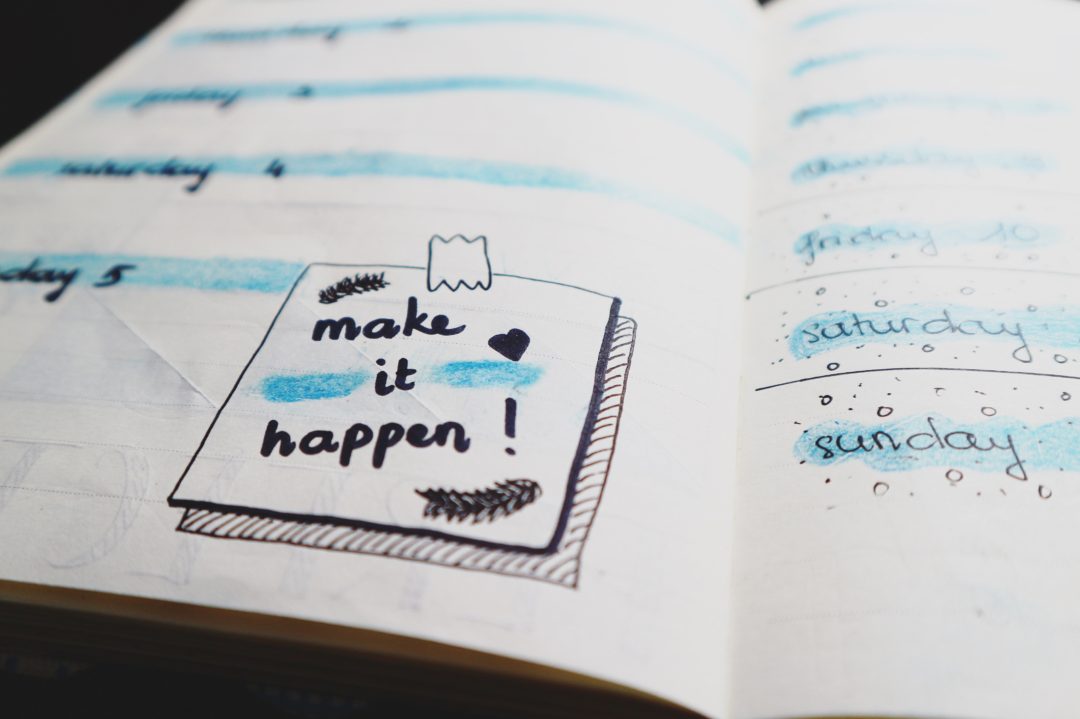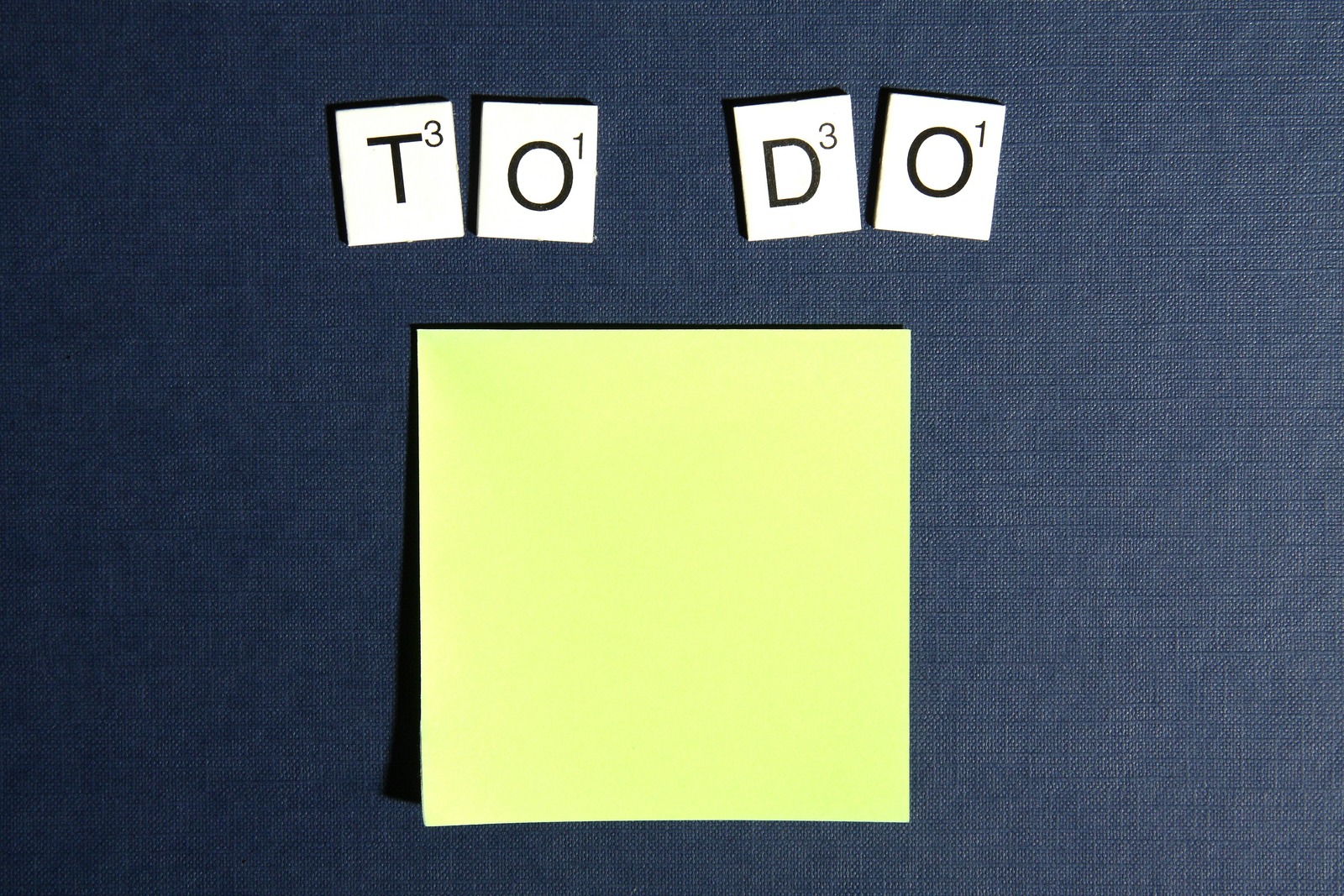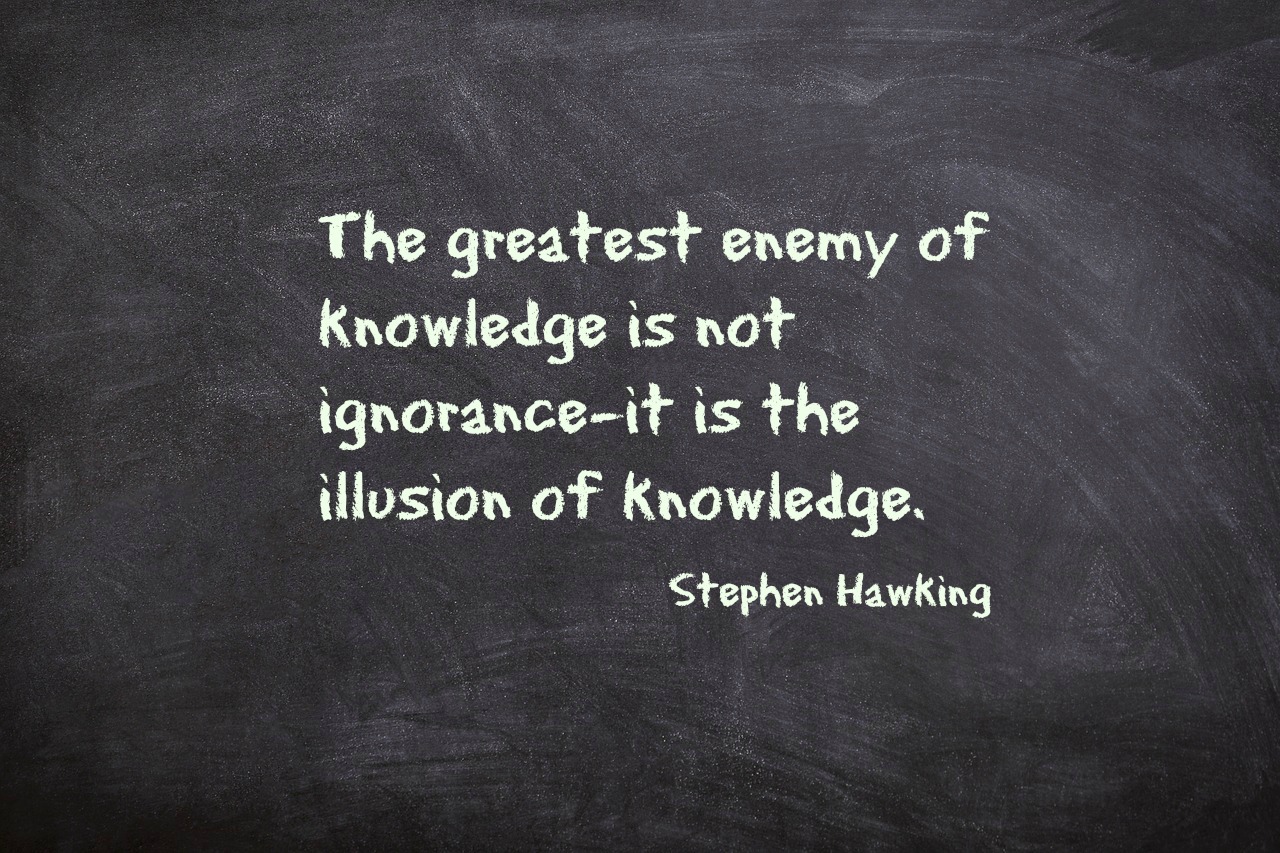We’re nearing the end of another academic year, which means I find myself thinking How am I going to get everything done? on a daily basis. Not only do I have one more round of assignments to grade, but then I’ll have final exams on top of that. Then calculating final course grades. Then making my way through a full week of end-of-year meetings. On top of all this, every report that has to be submitted by the end of the fiscal year is due–you guessed it–by the end of May.
Every line of work has its equivalent of the end of the academic year. No one escapes these occasional periods of frantic activity. But each of us can adopt strategies that make the crazy times a little less stressful–strategies that make it more likely we’ll get things done. Here are some of the strategies that work for me.
Data Collection
That sounds official, doesn’t it? But really, it just means getting all your “things” together in advance of getting them done. You can do this in whatever way works for you–on a calendar, a white board, a series of sticky notes. What works best for me is a simple To Do list. I make one at the start of each week, adding to it as new things crop up. I cross things off when I finish them, and anything left undone at the end of the week goes on the next week’s list.
That doesn’t mean the unfinished item is my top priority, however–sometimes things don’t get done because other list items are more time-sensitive. I gave up on trying to prioritize my To Do list a long time ago, because priorities shift in ways we can’t predict. Deadlines change, for instance, or new list entries require immediate attention. Big projects tend to break down into smaller projects I can’t even imagine until I’m in the middle of the work. As soon I can see what I need to do, I add that item to my list.
My only goal is to keep a record of my responsibilities so nothing gets lost in the shuffle. I rarely get all the way through a list in a week, but that’s okay–that’s not my objective. Crossing a few things off that list is.
Categorization
Let’s say there are five emails you need to write. “Email” might be one category of things to eliminate from your To Do list. I don’t know about you, but I find it easier to get things done once I get a category started. One email just naturally leads to another: I have my writer’s voice in mind, my email client already open. Suddenly, without too much effort, five items on my list are done because I worked through a category–not from the top to the bottom of the list.
I hate making phone calls, so I always try to get them done in one shot. Grading papers is easier when I do them in a batch, rather than parceling them out over the course of a week. Time-sensitive items are their own category; I deal with them first, so I’m not preoccupied by the worry of missing a deadline.
Your categories will likely be different from mine, but whatever they are, take advantage of your own momentum.
Manage Your Environment
The easiest way to get nothing done while still feeling frantic is to forget about managing your environment. If alerts for new emails are popping up while I’m grading papers, I’m going to look at them. This, of course, interrupts my train of thought. That, in turn, slows me down. It might even prevent me from getting through a set of papers altogether.
There are many ways to manage interruptions. I shut my office door, then take a moment to set my phone on silent and log out of my email client. A friend puts on noise-cancelling headphones; another goes to a coffee shop where it’s unlikely she’ll encounter anyone she knows. “If I feel invisible,” she says, “my brain will actually let me disappear into my work.”
Think about the conditions that allow you to be your most productive. Then, when you really need to get things done, do your best to provide yourself with that environment.
Commit
How many times do you sit down with the genuine intention of finishing a task, only to find yourself halfway through three other jobs at the end of the day? I find myself constantly struggling with the desire to move from one task to another. Most of the time, this happens because I’m reminded of something else that needs to be done; afraid I’ll forget about it, I tell myself Just take care of that–then you can get back to dealing with this. But as soon as I’ve shifted my focus to another task, I’m reminded of something else that needs to get done. By the end of the day, I’m miles away from where I started with nothing meaningful to show for it.
Data collection can help you commit to a specific task. Rather than shifting your focus completely, add the remembered item to your list. If it’s already on your list, remind yourself of that–and if you aren’t sure, take a moment to check (if only to silence the What if you forget? question.) Then, re-commit your attention to the original task.
The goal here is to avoid feeling responsible for your entire To Do list at all times. Remember, no one is capable of doing it all. (Not at the same time, anyway.) The best any of us can do is remember that the goal isn’t necessarily to get caught up–just to keep moving forward.





No Comments